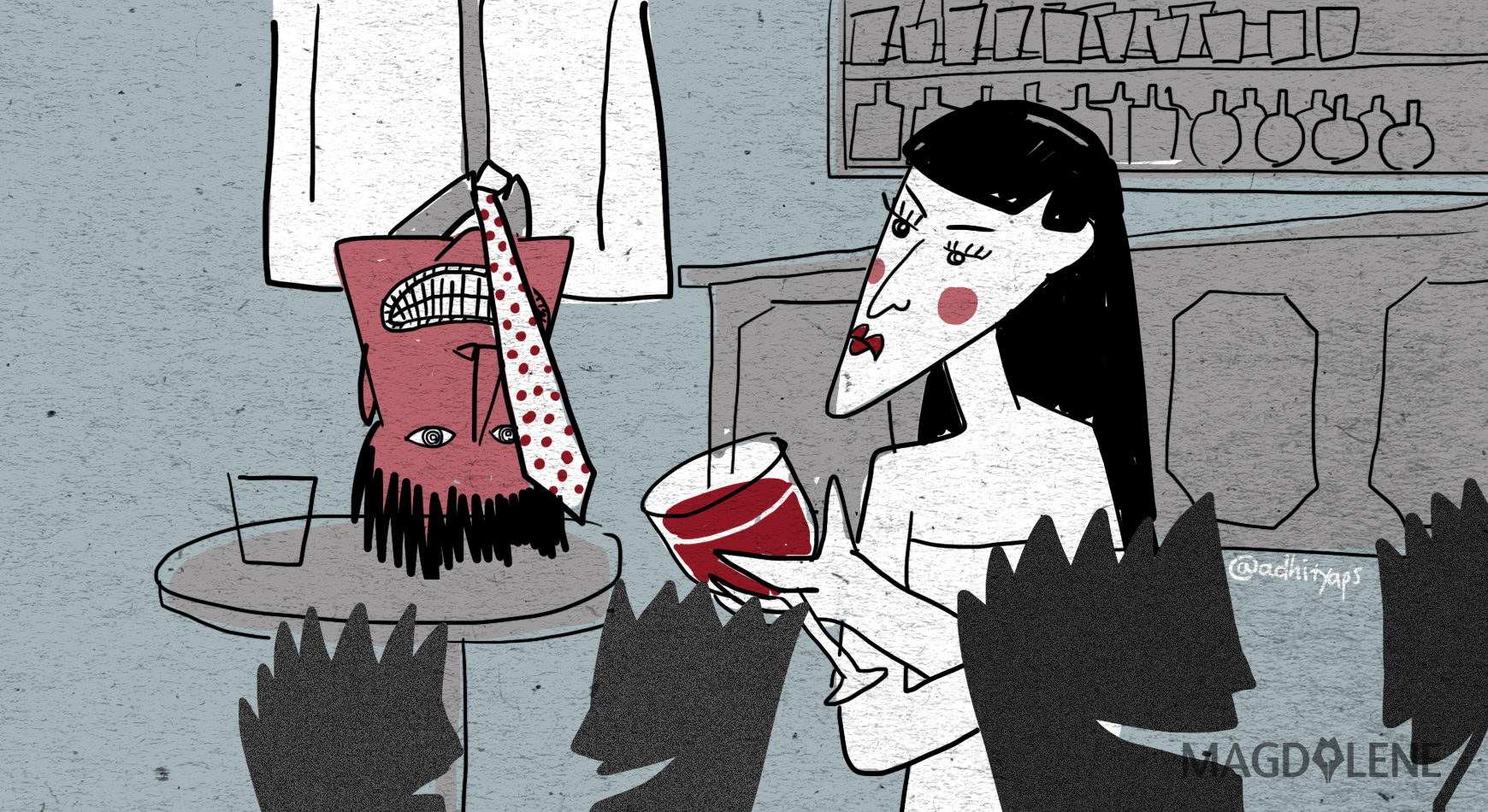I hadn’t followed the news about our government’s decision to invite a Korean artist to the opening of Asian Games 2017 in Jakarta. Partly because I don’t care much about sports game and mainly because I have never listened to any K-Pop songs.
It only came to my attention when I recently read a news report about the said Korean idol, Taeyeon, being harassed in the Jakarta airport by over-excited fans and perverted opportunists. And somehow I wasn’t so surprised by people’s reaction to the incident.
Sure, the K-Pop fans were all outraged and many others regretted it happened. Indonesia’s head of Creative Economy Agency Triawan Munaf made a public apology to the artist. What I found appalling was the numbers of comments, online and offline, blaming the victim because she wore revealing clothes to the airport on that unfortunate day.
I tried searching for a video or a photo of what she was wearing, a crop top that showed a little bit of her midriff and jeans. Not that it matter, people’s reaction blaming her for what she wore would still be as inexcusable even if she was wearing a bikini.
No amount of clothing, be it too little or too much, warrant sexual harassment. And this is a concept I think the majority of Indonesians still fails to grasp. To them, a woman’s body is shameful and lustful. Any attempt of “displaying” it in public must be punished with some sort of consequences. It can be leering eyes, lascivious comments or unwanted touching.
Women who wear anything that exposes her skin would also be branded a slut. This problem has been exacerbated by the rise of conservatism in the country. What is even more alarming is the increasing internalized misogyny among Indonesian women.
Instead of empathizing with the victim, many women opted to vilify her because as an artist she often displays sexualized imagery, wearing clothes that are too sexy and moving in a suggestive manner. One renowned psychologist, Elly Risman, went so far as calling Korean idols symbol of sex and prostitution to her 24,000 followers on twitter.
And with that mindset, a woman I know, said on her Facebook that she should have accepted the consequences of selling sex on stage and just bear with being touched or groped because that is basically occupational hazard. My attempt in pointing out the error in her logic was dismissed simply by saying, “this is Indonesia, you can’t wear that. If you (a woman) want to be daring then accept the risks.”
I don’t remember how many times I’ve been told not to wear something or to cover myself up because my parents were afraid I would suffer the consequences of my audacious choice of outfit. My mother would often hand me her shawl to cover my bare shoulders.
While I would not deny that she only meant well, doing that wouldn’t solve the toxic patriarchal mentality of shaming a woman’s body. Such mindset would only perpetuate the rape culture in this country. And to what extent a woman needs to cover up to avoid being harassed or raped? With a hijab? A niqab? Or a burqa?
At the rate of what’s going on now, let’s hope women will not end up having to stay inside at all times just to avoid being sexually harassed.
Amanda Siddharta is a journalist who's tired of patriarchy. She's trying to break the glass ceiling in her 4-inch heels.








Comments